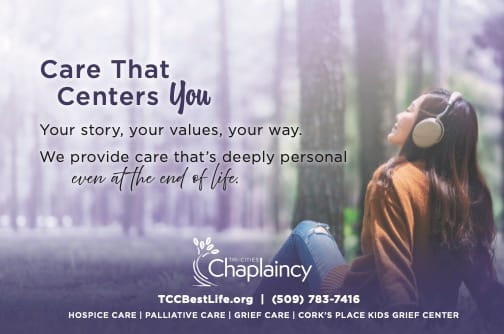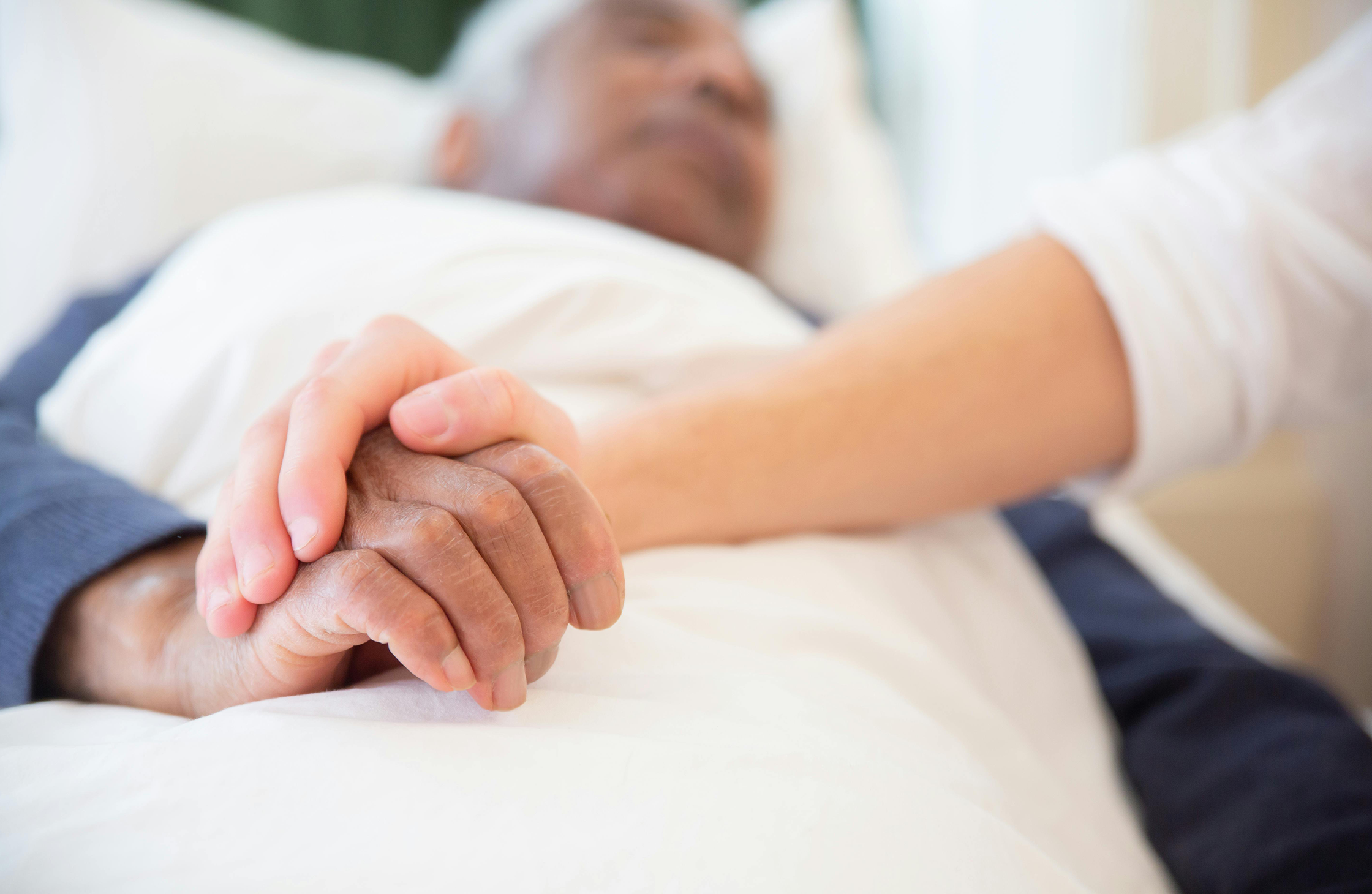Chaplains are companions in times of transition and grief.
In hospice care, medical teams tend to physical comfort while social workers support families through logistics and planning. But there is another vital presence that works quietly in the background: the hospice chaplain. While their role is frequently misunderstood — sometimes believed to be religious, preachy, or only necessary for those who belong to a specific faith — chaplains bring a distinct and essential layer of care that transcends religion. (Editor’s note: Some chaplains are entirely non-religious.)
Chaplains accompany people through emotional valleys, helping them make peace with the past, find meaning in the present, and face the unknown with dignity. Part of the important education imparted on families at admission is that hospice chaplains do not wish to convert, proselytize, or promote any specific doctrine. Instead, they are trained to meet people where they are — religious, spiritual, atheist, agnostic, or anywhere in between. Their purpose is not to offer answers, but to help individuals ask their own questions in safe, compassionate company. Chaplains approach this care without personal bias; they hold space for people to explore meaning, legacy, fear, regret, hope, and end-of-life decision making.
At the end of life, spiritual support is especially important. Patients and their loved ones find themselves navigating myriad emotions and complex systems. During this time, a chaplain can be alongside them, reminding them they’re not alone. Chaplains visit their patients routinely, but they are also available for urgent situations. This access is an important part of the hospice chaplain's work; spiritual distress does not only occur during working hours.
It's helpful to know what to look for when offering or calling for support. For many patients, spiritual or emotional distress manifests as anxiety, fear, unresolved guilt, physical pain, or a sense of disconnection. Chaplains are trained to recognize and gently address this pain through various interventions, including discussion, prayer, blessings, or non-denominational ceremonies.
In times of crisis, transition, and grief, hospice chaplains offer a rare kind of presence — one that is not focused on fixing, but on simply being. They walk with people through some of life’s most vulnerable moments with humility and heart. Grief is not linear or predictable, and chaplains help to normalize the complex range of emotions that accompany grief and create space for healing to begin.
Long before I worked in hospice, I witnessed the impact a hospice chaplain can have. At the hospice house with my grandfather, a chaplain came into the room with a calming presence, sat with my family, and offered prayer and reflection as my grandfather, a man of deep faith, took his last breath. I believe that those words offered by the chaplain provided additional reassurance to my grandfather in those final moments. For that, I will be eternally grateful for the presence of the hospice chaplain.
As a community, it’s important that we learn about and recognize the vital, quiet work of these individuals. Their contributions may not always be visible, but for countless patients and families, their support makes the unbearable more bearable and reminds us that even in the face of death, compassion and connection endure.

Cara Hernandez, LICSW, CSW-G is the Director of Community Care for Tri-Cities Chaplaincy. Her career has focused on geriatrics and end-of-life. Cara is available for questions and discussions pertaining to hospice and end-of-life matters. She can be reached at carah@tccbestlife.org or by calling 509-783-7416.

